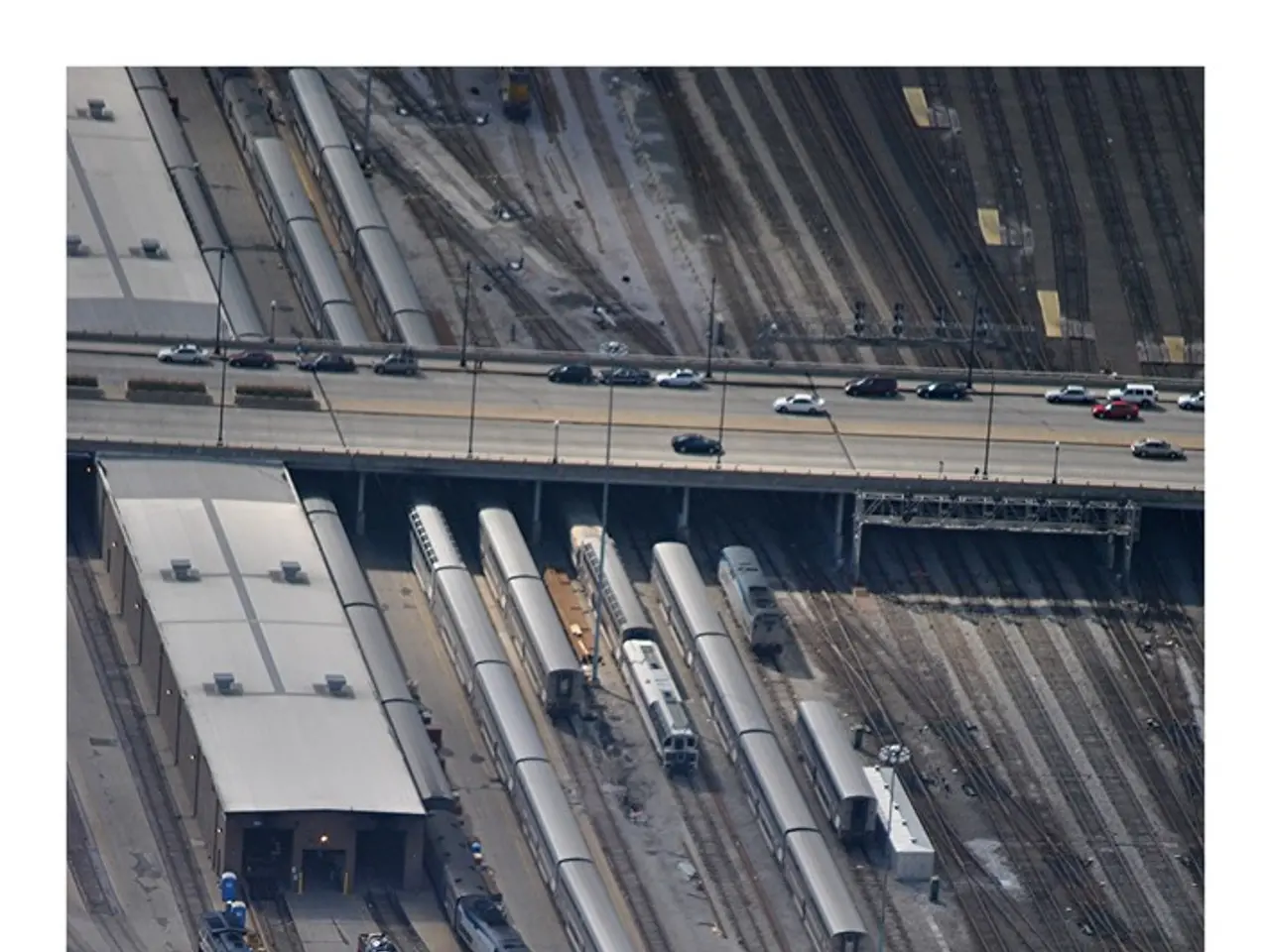Global Leader Okoro, head of Quidax, urges worldwide cooperation to foster the expansion of Africa's crypto market.
The decentralized economy in Africa, particularly in cryptocurrency and decentralized finance (DeFi), is showing significant promise with growing opportunities for expansion and collaboration with global players.
### Current Status and Potential for Growth
African cities and economies are increasingly embracing decentralized financial technologies as part of broader efforts to improve urban finance and services. The rise of DeFi can play a critical role in enhancing financial inclusion and economic resilience by enabling access to capital outside traditional banking channels.
The growth of crypto-based financial services globally highlights trends relevant to Africa. Major companies are progressing towards enabling users to self-custody tokens and integrate them with DeFi applications, signalling a broader shift to user control and decentralized asset management.
However, challenges remain, especially concerning financing for infrastructure and energy—essential underpinnings for a digital economy. Reports highlight that sub-Saharan Africa still suffers from limited energy access and insufficient financing, which could slow the adoption of blockchain technologies and DeFi services if not addressed through international cooperation and financing reforms.
### Opportunities for Global Collaboration with African Builders
Global players can collaborate with African developers and governments to design decentralized financial solutions that integrate with municipal finance reforms aimed at improving local governance, tax compliance, and revenue mobilization. This collaboration can include capacity building, shared risk management, and strategic policy support.
Companies pioneering stablecoin payments and DeFi platforms can extend their services to African markets by tailoring solutions to address local challenges such as currency volatility, remittance costs, and lack of traditional banking infrastructure. They can also foster developer ecosystems that build localized DeFi applications.
Addressing the financing gaps critical for energy and digital infrastructure is vital. Global investors, multilateral agencies, and private sectors can offer concessional finance, grants, and risk mitigation instruments to boost infrastructure and energy access, which in turn supports the digital economy and crypto adoption.
Global collaboration can also focus on nurturing African builders through technology transfer, hackathons, incubators, and platforms that encourage the development of blockchain-based solutions tailored to African markets, enhancing financial inclusion, transparency, and economic efficiency.
### The Call for Collaboration
Buchi Okoro, CEO of Nigerian cryptocurrency exchange Quidax, delivered a speech last week at Coindesk's flagship conference Consensus, advocating for increased collaboration between the global and African crypto communities. Okoro highlighted that digital assets provide a way out for people escaping high inflation and costly remittances.
Okoro called for crypto players to tap into the opportunities in Africa by partnering with local firms and investing in projects. The collaboration is intended to tap into Africa's potential for growth in the decentralized economy, with Sub-Saharan Africa leading the world in DeFi adoption in recent years.
The surge in DeFi adoption in Sub-Saharan Africa may be attributed to a lack of widespread access to financial services. Okoro emphasized that this collaboration could lead to growth in Africa's decentralized economy, unlocking significant economic and social value while fostering a resilient, inclusive decentralized economy across Africa.
- Decentralized financial technologies, including cryptocurrency and DeFi, are gaining traction in African cities and economies as part of broader initiatives to enhance urban finance and services.
- The growth of decentralized financial services in Africa could significantly boost financial inclusion and economic resilience, enabling access to capital beyond traditional banking channels.
- challenges exist, including insufficient financing for infrastructure and energy, which are vital for a digital economy, in sub-Saharan Africa. Addressing these challenges could quicken the adoption of blockchain technologies and DeFi services.
- Global players can collaborate with African developers and governments to develop decentralized financial solutions that align with municipal finance reforms, aiming to improve local governance, tax compliance, and revenue mobilization.
- Companies specializing in stablecoin payments and DeFi platforms can expand their services to African markets, tailoring solutions to address local issues like currency volatility, remittance costs, and lack of traditional banking infrastructure.
- International cooperation, investments, and technology transfer initiatives are crucial for addressing financing gaps essential for energy and digital infrastructure, which ultimately supports the growth of the digital economy and crypto adoption in Africa.




